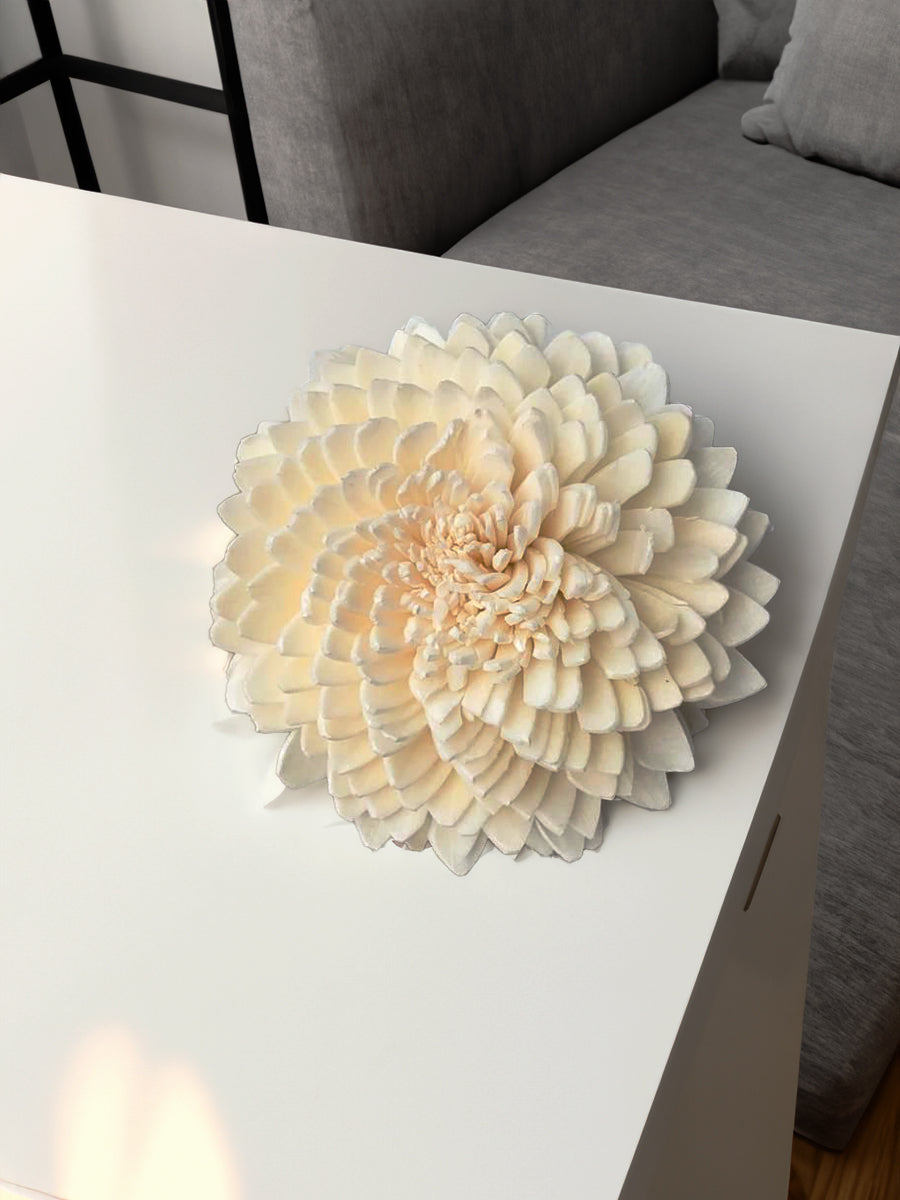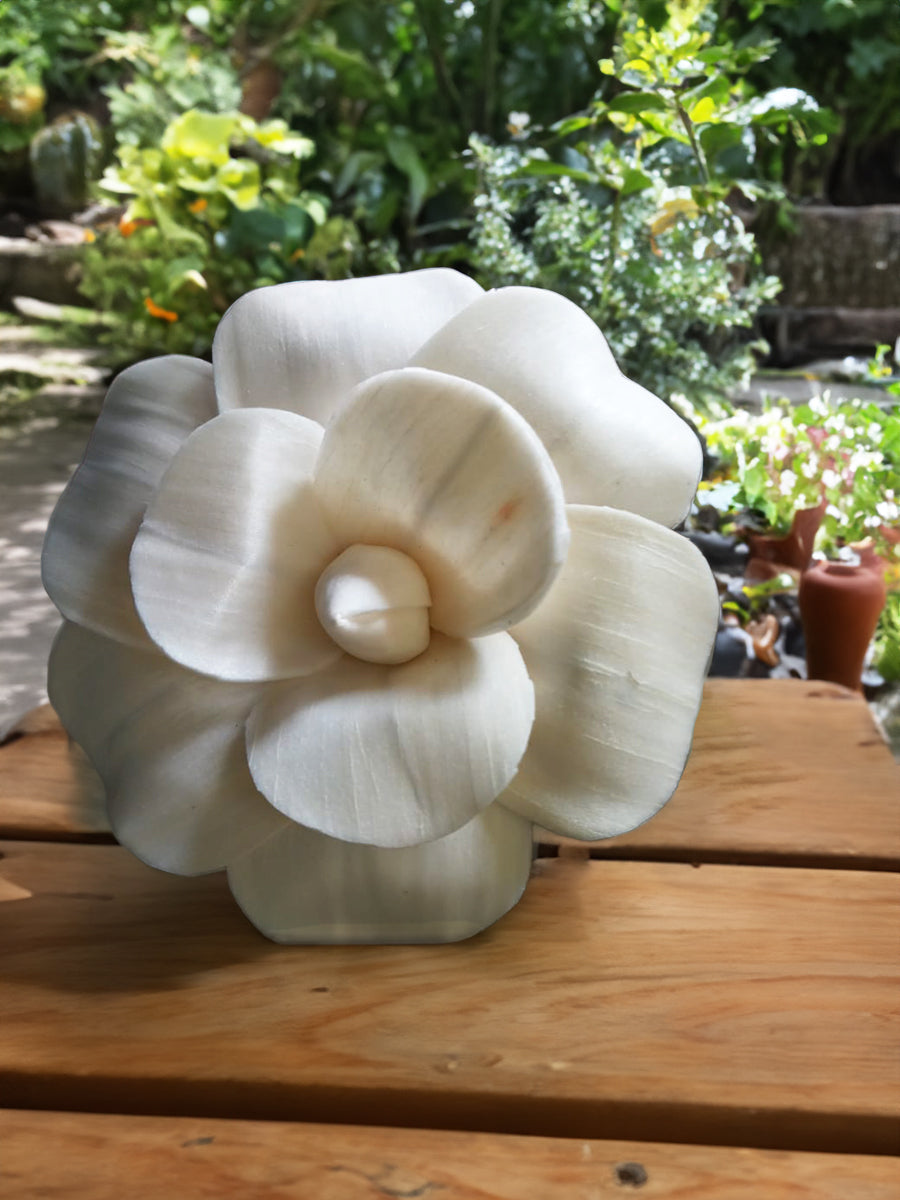EMI available: Pay in installments with your preferred Credit/Debit cards.
Dimensions : H- 24 | W- 24 inches

- HANDMADE
ARTWORKS

- INTERNATIONAL
SHIPPING

- AUTHENTIC &
SUSTAINABLE

- SECURE
CHECKOUT

- WARRANTY

- CELEBRATE
ARTISANS
![]() Earn upto 60,000 Points on purchase of this product.
Earn upto 60,000 Points on purchase of this product.
![]() Get upto 10% OFF on Live Workshops when sign up for 2 or more workshops.
Get upto 10% OFF on Live Workshops when sign up for 2 or more workshops.
![]() Get 10% OFF coupon code for Art Kits signing up for Masterclass or Live Workshop.
Get 10% OFF coupon code for Art Kits signing up for Masterclass or Live Workshop.
About the Artwork +
Sunil Haldar's Shola Pith masterpiece depicts a scene of regal splendor: a howdah, richly adorned with intricate details, carries two travelers atop a majestic elephant. The delicate Shola Pith artistry vividly captures the grandeur and elegance of an ancient era, showcasing the artist's remarkable craftsmanship. The intricate patterns and designs come to life, celebrating the spirit of exploration and the rich tapestry of human history.
Sholapith, or Shola Pith (also known as Indian cork), is a dried milky-white spongy plant matter that can be shaped into delicate and beautiful objects of art. Traditionally, Sholapith products are used to decorate Hindu idols and create the crowns for brides and grooms in traditional Bengali weddings. The material, native to the wetlands of Bengal, is prized for its lightness and versatility, allowing artisans to craft intricate designs. Today, Sholapith continues to be cherished for its cultural significance and artistic beauty.
Sizes, Framing and Customisation +
Sizes are mentioned on the top of the page under the product title. Please note as these are handmade products thus the sizes are an approximation as each product is unique.
Frames shown are for visual representation only and are not included with the artwork. We offer framing services on demand at additional costs. If you wish to get your artwork framed, please reach out to us on WhatsApp or email.
We take custom artwork orders, please use the WhatsApp chat below or email us at wecare@memeraki.com to discuss your requirements in more detail.
Shipping and Taxes +
We ship worldwide, Our Prices are inclusive of GST/Taxes in India. For international orders, any specific custom duties you may encounter in your home country during the delivery has to borne by the buyer.
For all artworks except Lippan and Terracotta, we offer free shipping on orders above ₹999, a ₹249 flat rate is applicable to smaller order amounts.
For international artwork orders shipping charges of 4000 INR* are applicable.
For Lippan and Terracotta Artworks, We charge a Shipping rate on a per Kilogram basis.
*Extra charges may apply for both domestic and international deliveries in the following cases:
- International artwork orders where the artwork's smaller side measures more than 36 inches.
- Extra charges are applicable for Express Shipping. Contact support to check availability for your order.
- Orders with more than 2 product types in the cart.
You can proceed with your purchase, and our team will contact you to confirm any additional charges. Alternatively, reach out to on WhatsApp or email, and we'll assist you in completing your purchase with the final pricing.
Delivery Timelines and Returns +
All artworks are packed and couriered securely in a tube.
Ready To Ship/ In Stock artworks are shipped in under 2 weeks. We only accept return requests for Ready to Ship/ In stock artworks placed within a week from date of delivery. However, no returns can be accepted for international deliveries.
Made To Order artworks will take 2-3 weeks to be made and shipped once they are ready. Returns are not applicable on Made To Order artworks.
Once your order is placed, our team will stay in constant communication with the artist to track the progress and ensure the quality of your order. You will receive regular updates from us throughout this process.
Colour Disclaimer+
Most products on our website are handmade from scratch by our master artists. This makes every product absolutely unique and the actual colour and overall look may vary only slightly from the product image posted here.



 Share
Share











